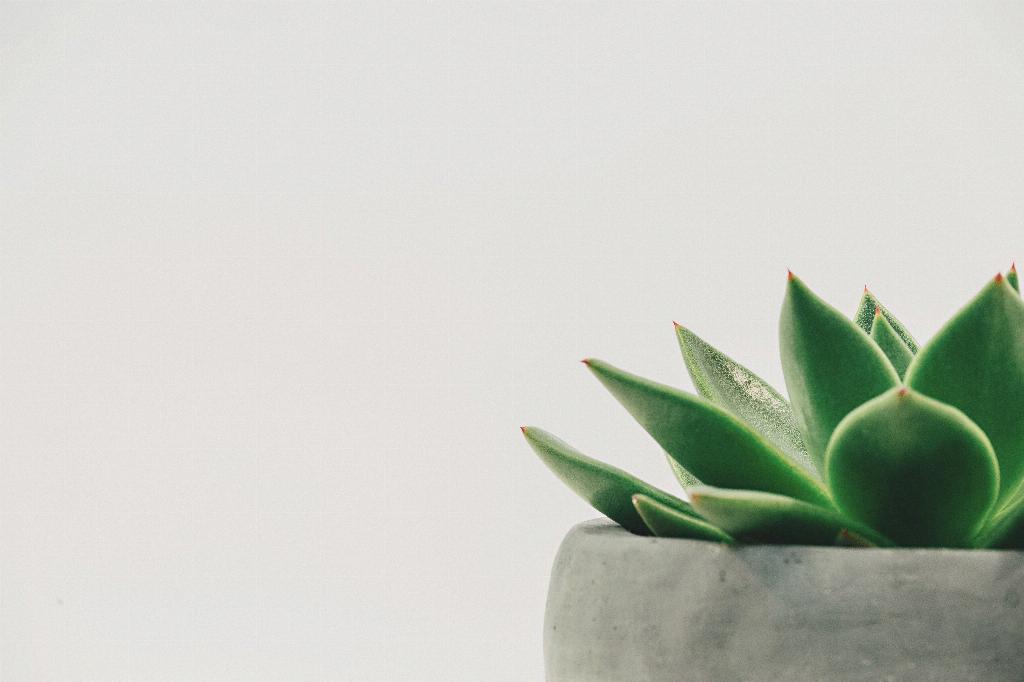When it comes to creating a safe environment for our furry friends, the question of whether succulents are poisonous to cats inevitably arises. Fortunately, most succulents are non-toxic to cats, bringing a sense of relief to pet owners who also happen to be plant enthusiasts. This means that you can enjoy the beauty of succulents in your home without constantly worrying about the well-being of your beloved feline companions.
One of the reasons why succulents are generally safe for cats is because these plants have adapted to store water in their leaves, stems, or roots, making them less appealing to pets in terms of taste and texture. Unlike some other plants that may be toxic to cats, succulents do not pose a significant risk of poisoning when ingested, as most cats tend to avoid them due to their lack of palatability.
Although succulents are considered safe for cats, it’s important to keep in mind that some varieties may still cause mild gastrointestinal issues if consumed in large quantities. While these symptoms are typically not life-threatening, it’s best to err on the side of caution and place succulents out of your cat’s reach or in an area where they cannot access them easily.
Despite the overall safety of succulents for cats, it’s essential to be aware of specific varieties that may have thorns or spines that could cause physical harm to your pets. In such cases, it’s advisable to opt for cat-friendly succulents that are smooth and safe for curious paws and noses to explore without the risk of injury.
As a responsible pet owner, it’s crucial to familiarize yourself with the individual characteristics of the succulents you choose to keep in your home, ensuring that they are indeed safe for your feline companions. By doing so, you can create a harmonious living space where both your plants and pets can thrive without any potential harm looming overhead.
While succulents can add a touch of nature to your indoor environment, it’s essential to monitor your cat’s behavior around these plants to ensure that they are not showing any signs of interest in nibbling on them. By observing your cat’s behavior, you can prevent any accidental ingestion of succulents and maintain a safe environment for both your pet and your plant collection.
If you suspect that your cat has consumed a succulent or is showing any signs of distress after interacting with these plants, it’s crucial to contact your veterinarian immediately for guidance. Prompt action can help address any potential health concerns and ensure that your cat receives the necessary care in a timely manner.
Overall, while succulents are generally safe for cats and offer a low-risk option for pet-friendly indoor gardening, it’s always best to prioritize your cat’s well-being by keeping a watchful eye on their interactions with plants and taking proactive measures to prevent any accidental ingestion or harm.
By understanding the nuances of succulent care and its implications for your cat’s health, you can strike a balance between creating a green oasis in your home and ensuring a safe and enjoyable environment for your beloved feline companions.

